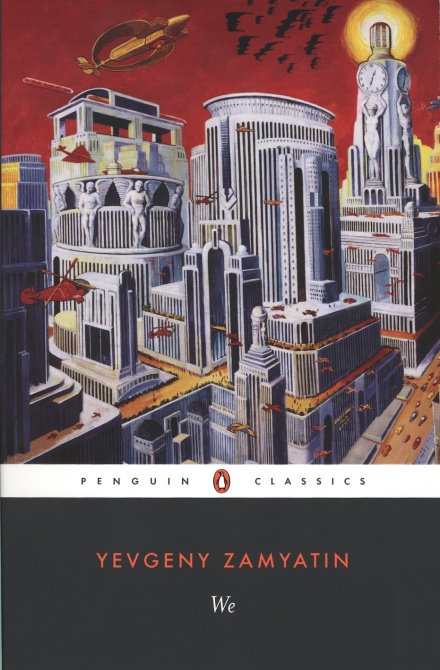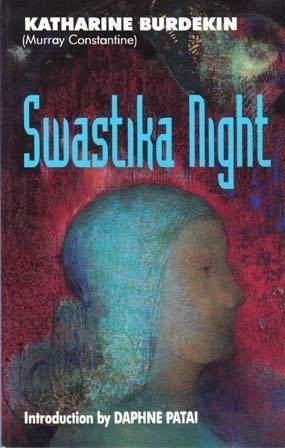
Anthem
Book Description
In a world stripped of individuality, where the word "I" is a forbidden relic and collectivism reigns supreme, one man's desperate quest for self-discovery ignites a dangerous rebellion. As Equality 7-2521 grapples with his burgeoning thoughts and forbidden desires, the stakes skyrocket when he encounters the breathtaking Liberty 5-3000. Their struggle against a society that demands conformity leads them down a path littered with fear, betrayal, and defiance. Will their love and devotion be enough to shatter the chains of oppression, or will they be consumed by a world that refuses to let them be free? Can one spark of hope change everything?
Quick Book Summary
"Anthem" by Ayn Rand is a dystopian novella set in a future society where individuality has been eradicated and the word "I" has vanished from human language. The protagonist, Equality 7-2521, is a young man who feels alienated by the collectivist society that demands absolute conformity and suppresses personal discovery. Driven by a thirst for knowledge, he secretly conducts forbidden experiments and ultimately rediscovers electricity. His growing sense of self is intensified by his love for Liberty 5-3000, who defies convention to be with him. Together, they escape society’s constraints and, through their journey, reclaim the notion of individual identity. Rand’s narrative is a stark exploration of the dangers of extreme collectivism and the transformative power of self-actualization.
Summary of Key Ideas
Table of Contents
The Dangers of Collectivism and Loss of Self
In the world of "Anthem," society has completely eradicated individual identity in favor of total collectivism. All people are stripped of personal names and referred to by numbers, living in communal homes, and working according to strict rules established by the ruling Council. The pronoun "I" is forbidden, and citizens are conditioned from birth to repress all personal thought and ambition in order to serve the greater good of the group. This creates a gray, oppressive environment where creativity, progress, and emotional depth have all but vanished.
The Quest for Knowledge and Forbidden Curiosity
The protagonist, Equality 7-2521, is a young man with a curious mind and a strong sense of self that he struggles to suppress. He is assigned the role of street sweeper, despite his intellectual abilities. Unable to conform, he begins conducting clandestine scientific experiments in an abandoned tunnel where he rediscovers the power of electricity. His pursuit of knowledge, though dangerous and forbidden, represents an act of rebellion against the conformity and ignorance imposed by his society.
The Power and Importance of Language
During his secretive explorations, Equality 7-2521 meets Liberty 5-3000, a woman who also exhibits a rebellious, independent spirit. Their bond deepens as they share an unspoken understanding and mutual attraction. Their relationship is an expression of individuality and stands in direct opposition to the rigid codes that control human relationships in their world. This love becomes another form of defiance against the system that seeks to control every aspect of their lives.
Love as Rebellion and the Rediscovery of Individuality
After their experiments are discovered, Equality 7-2521 is forced to flee, escaping to the wilderness outside the city with Liberty 5-3000. In isolation, they are finally able to explore their thoughts, feelings, and identities without external constraints. Through reading forbidden books, Equality 7-2521 discovers the lost concept of the individual self and the word "I," a realization that transforms his entire worldview and offers new meaning to life.
The Triumph of Self-Discovery
Ultimately, the novella celebrates the triumph of self-discovery over oppression. As Equality 7-2521, now renaming himself Prometheus, embraces his individuality, he vows to create a new society based on freedom, knowledge, and personal achievement. Rand uses the story to critique the dangers of collectivism and assert the moral value of individualism. "Anthem" serves as both a cautionary tale and a passionate declaration of the essential importance of personal liberty and independent thought.
Download This Summary
Get a free PDF of this summary instantly — no email required.





